Tosin Clegg
The summer of 2025 is turning out to be a defining moment for Nollywood. In a season where moviegoers are spoiled for choice, two bold new titles are dominating the conversation and taking vastly different routes to claim their place in cinematic history. One is a high-budget Netflix release packed with style and streaming muscle. The other is a homegrown action thriller burning up cinema screens across Nigeria. Together, To Kill a Monkey and Hakeem: Seeking Justice are setting a new standard for storytelling, and fans can’t stop talking about it.
On July 18, Netflix Africa dropped To Kill a Monkey, a cyber-noir crime series created by Kemi Adetiba, the powerhouse filmmaker behind King of Boys and The Wedding Party. The series explores the dark underworld of Lagos cybercrime through the eyes of Efemini, a desperate programmer lured into a web of fraud, trauma, and moral collapse. With an ensemble cast featuring William Benson, Bucci Franklin, and Stella Damasus, To Kill a Monkey brings high production value and Adetiba’s signature dramatic style. Within days of its release, it cracked the platform’s global top ten, introducing Nollywood’s evolving thriller genre to a wider audience.
But just as To Kill a Monkey was gaining global traction, a second contender quietly stepped into the ring and immediately started turning heads. On August 1, Nigerian cinemas began screening Hakeem: Seeking Justice, an emotionally charged revenge action film directed by Abdul Bello, also known as JJC Skillz. The movie stars Deyemi Okanlawon in what many are calling the performance of his career. He plays Hakeem, an ex-military man devastated by the murder of his family and pushed to the brink as he searches for justice in a world that offers none.
While the two projects differ in style and tone, they are connected by the fact that they are both pushing the boundaries of what Nigerian storytelling can look like on screen. To Kill a Monkey leans into atmospheric tension, moody visuals, and a slow-burning narrative. It is cerebral and ambitious, showcasing a slick production that clearly benefited from Netflix’s global distribution and marketing reach. However, despite its polish, the series has received mixed reviews for pacing issues and overused genre tropes. Critics praised Bucci Franklin’s magnetic performance but noted that the writing occasionally lacked the punch to match his energy.
Meanwhile, Hakeem: Seeking Justice has taken a very different path. Without the backing of a major streamer, it built anticipation through grassroots marketing, original soundtrack releases, and high-impact trailers. Audiences walked into theaters expecting another action flick but walked out stunned by the film’s emotional depth and fierce critique of justice systems that fail the everyday person. JJC Skillz’s direction is focused, intentional, and deeply Nigerian, blending physical action with social commentary in a way rarely seen in Nollywood. The casting is top-tier, with support from ChiomaChukwuka, Zubby Michael, Gabriel Afolayan, and Bolanle Ninalowo, among others.
What’s most fascinating about this cinematic face-off is how it reveals two different, but equally important, models for African storytelling. To Kill a Monkey represents the institutional path—polished, globally marketed, and algorithmically amplified. Hakeem: Seeking Justice is the independent breakout, raw, personal, and fueled by creative risk. Fans are now watching both not just for entertainment, but to compare: which project offers deeper emotional impact? Which one tells the more original story? Which reflects their reality more authentically?
Social media is alive with debate. TikTok reactions and YouTube reviews are pouring in. Moviegoers are comparing Deyemi’s tortured Hakeem to Bucci’s street-smart Oboz. Influencers are urging Hakeem: Seeking Justice to stream internationally, allowing audiences worldwide to experience its impact. Others are praising Adetiba’s ability to make even formulaic moments feel stylish and socially aware. In the end, the fact that Nollywood is being talked about on these levels, both locally and globally, is a win for everyone.
This summer, Nollywood is not just delivering content. It is offering vision, range, and a glimpse at what the future could hold if stories are given space to breathe beyond their budgets. Whether you’re watching from your living room or lining up at your local cinema, there is one thing clear: Nollywood is having a moment, and it is one worth paying attention to.



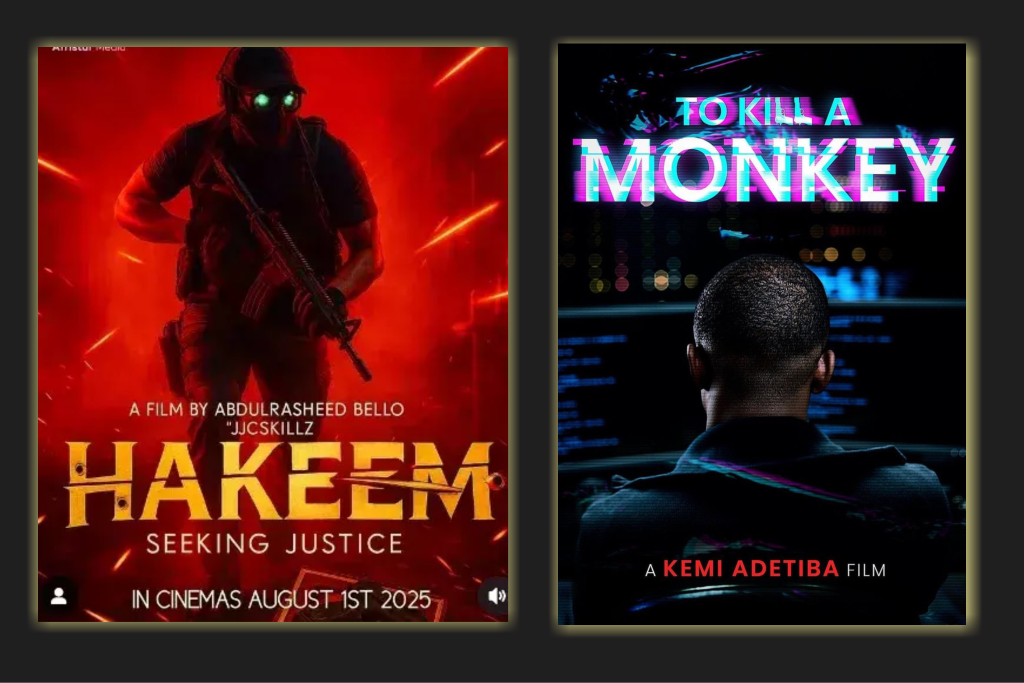
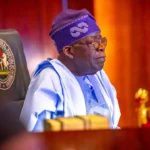

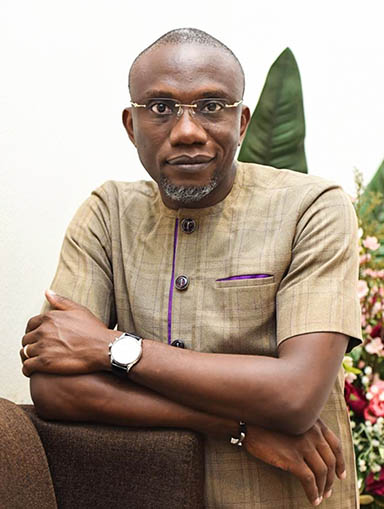

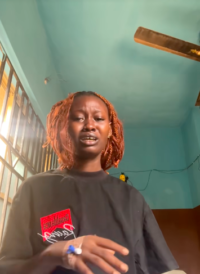
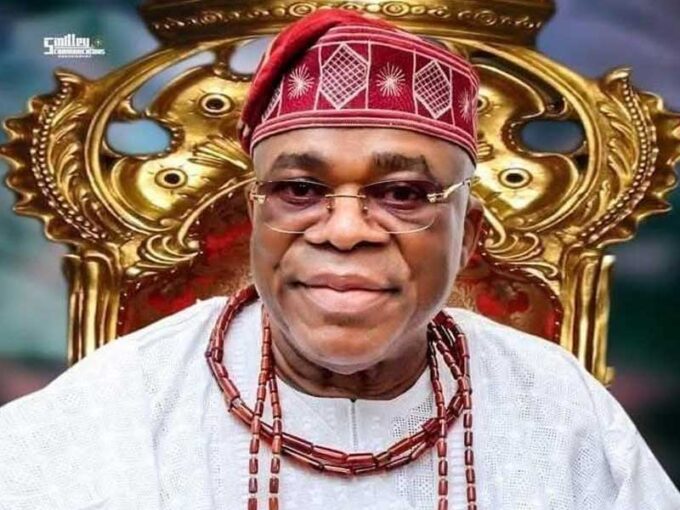






Leave a comment